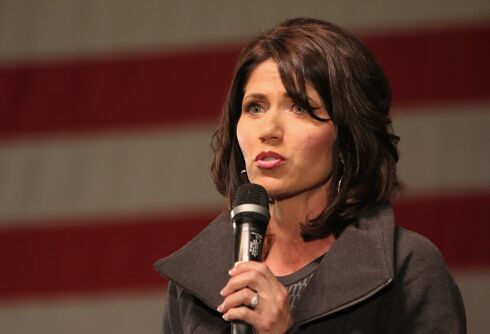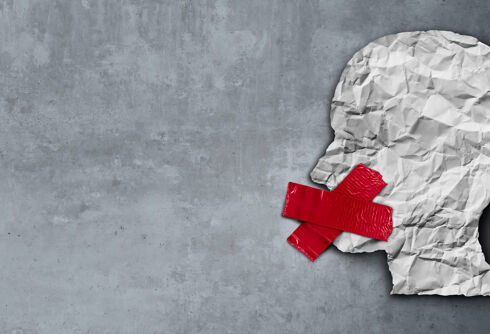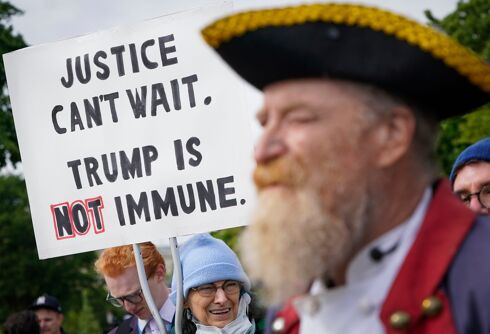Those of us living in the South are very aware of the multi-generational religious oppression and abuse that many LGBTQ people face coming from our Christian families, churches, and communities. For many LGBTQ people living here our hopes, dreams, and fears are the product of generations of religious traditions and expectations.
 We know that the religious oppression and subsequent trauma it creates will remain part of our lives long after we gain Civil Rights and legal protections.
We know that the religious oppression and subsequent trauma it creates will remain part of our lives long after we gain Civil Rights and legal protections.
As national attention is directed toward the LGBTQ South, I fear we are overlooking the tremendous potential of a backlash of religious abuse and the traumatization of a new generation of LGBTQ youth in the South.
We need to quickly label this problem and initiate a national dialogue about the religious oppression and abuse of LGBTQ people in the South.
Never Miss a Beat
Subscribe to our newsletter to stay ahead of the latest LGBTQ+ political news and insights.
Throughout the South psychological trauma inflicted upon LGBTQ people is pervasive and institutionalized because of our deeply rooted religious traditions. Those of us living in the South know that life here cannot easily be separated from religion and, for most LGBTQ people living here, from religious oppression, abuse, and trauma.
In order to effectively serve our LGBTQ communities and affect progressive and lasting social change, organizations working to achieve equality, social justice, and to improve living conditions in the South must have an understanding of our religious indoctrination and how it connects to internalized homophobia.
Without this understanding we miss the opportunity to find the solutions to the daily challenges that face us as the LGBTQ South.
I realize that while many people care about the LGBTQ South and want to support us, there is a lack of awareness about the struggles we face and why these struggles exist.
Article continues below
Thousands of LGBTQ people in the South are being subjected to religious persecution in the form of emotional, spiritual, verbal, and physical abuse. Until we face these deeply rooted multi-generational problems in our society we will not be able to effectively move beyond addressing individual cases of abuse to achieve a solution to the systemic problem of institutionalized abuse based upon religion.
For a more in-depth discussion of LGBTQ religious abuse and trauma, read “Understanding LGBTQ Abuse in the South.”














Religious oppression and abuse still pervasive in the LGBTQ South